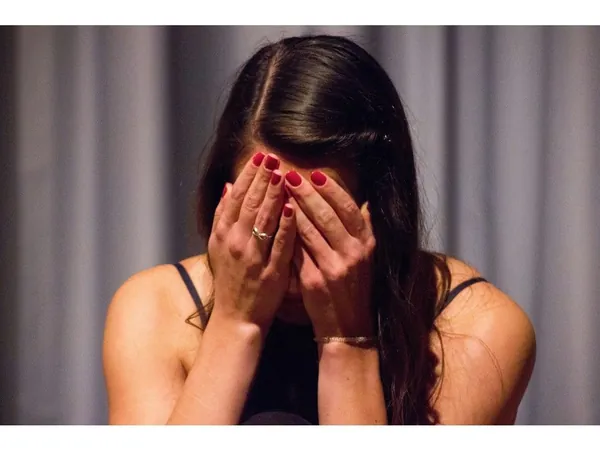
Nova Scotia Trailblazer Empowers Youth to Conquer Trauma and Mental Health Challenges
2025-03-26
Author: Charlotte
Mental health issues are a pervasive concern, with the Canadian economy losing over $50 billion annually due to these struggles. This alarming statistic underscores the urgency of addressing mental health, particularly for the younger generation, and one young woman in Nova Scotia is leading the charge.
Meet Sophia Rae
A dedicated psychology student at Acadia University from Halifax, who has created a groundbreaking business focused on mental health and trauma-informed education. Rae's mission is to arm young people and educators with effective, evidence-based mental health tools. She actively engages with schools to educate both students and teachers on creating supportive and trauma-informed classroom environments.
“I want to empower youth with resilience skills while ensuring teachers understand how to support students dealing with trauma,” Rae expresses passionately.
A Personal Journey
Rae's commitment to this cause is deeply personal. At the age of 14, she faced a harrowing loss—her beloved aunt was a victim of the Nova Scotia massacre. This traumatic event destabilized her world, leading to the development of OCD, body dysmorphia, anxiety, and depression. Through her journey of healing, Rae recognized a gap in youth-centric mental health resources, especially those led by young people who can genuinely resonate with their experiences.
The Resilient Youth Initiative
Determined to make a difference, she founded the Resilient Youth Initiative, a comprehensive program consisting of 10 evidence-based strategies designed to help adolescents manage stress and trauma. Particularly beneficial for communities grappling with trauma, such as rural schools that often lack proper mental health support, Rae's presentations started at the very school that was directly impacted by the tragedy she experienced. This propelled her further into the importance of fostering sensitive discussions around mental health.
Rae launched this initiative at age 14, drawing on guidance from her parents, both of whom are experts in the mental wellness field. Her mom, Jenny Kierstead, established a high school physical education elective called Yoga 11, while her father, Blair Abbass, is a cognitive behavioral therapist. Collaborating with Catherine Rahey, who specializes in social-emotional learning, Rae has crafted a robust approach to addressing mental health in youth.
Mindfulness and Grounding Techniques
One of the key techniques she imparts is mindfulness, which encourages individuals to focus intently on the details of their environment. For instance, students learn to appreciate the textures of bark or feel the ground beneath their feet. This practice can disrupt negative thought patterns and is included in Rae's Mindfulness Toolkit—a handy resource that students can clip onto their backpacks for easy access.
Rae's Top Strategies
Rae shares some of her top strategies for dealing with trauma and mental health challenges: 1. **Grounding Techniques** - Essential for reconnecting with the present, these can include feeling one’s feet on the ground, deep belly breathing to calm nerves, visualizing comforting places, or even taking a walk. 2. **Name It to Tame It** - By identifying and vocalizing emotions, individuals can diminish their intensity. Instead of vague expressions of distress, Rae recommends framing feelings more specifically, such as: “I feel anxious because I am uncertain about my future.” 3. **Reframing the Inner Critic** - Changing how we talk to ourselves can have a profound impact on our emotional well-being. Rae encourages turning negative self-statements into constructive ones, like transforming “I can’t do this” into “I just need to take it one step at a time.”
Rae emphasizes that breathing exercises, while beneficial, are just a small piece of the puzzle. True mental health support requires deeper, evidence-based practices capable of fostering long-lasting resilience. She advocates for developing personalized mantras, establishing mental health routines, and utilizing mindfulness techniques to reshape the brain's reaction to stress.
The Role of Community and Connection
Community and connection also play pivotal roles in mental health. Through her presentations, Rae creates safe environments for youth to openly discuss their experiences, helping to alleviate feelings of isolation. Recognizing the power of shared experiences, she is looking to expand these safe spaces into the online realm to reach even more young individuals.
A Call to Action
As Rae continues her mission to empower youth and create a healthier future, her work demonstrates that when young leaders step up, true change is possible. If you're interested in making a difference or learning more about mental health resources, consider exploring local initiatives and educational programs that can help foster resilience in your community.
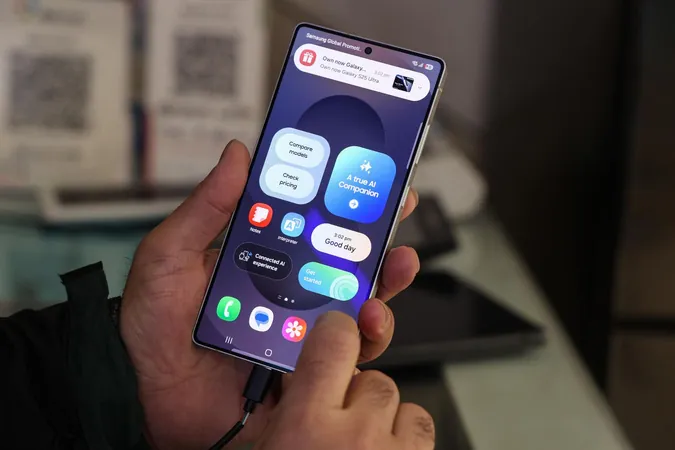

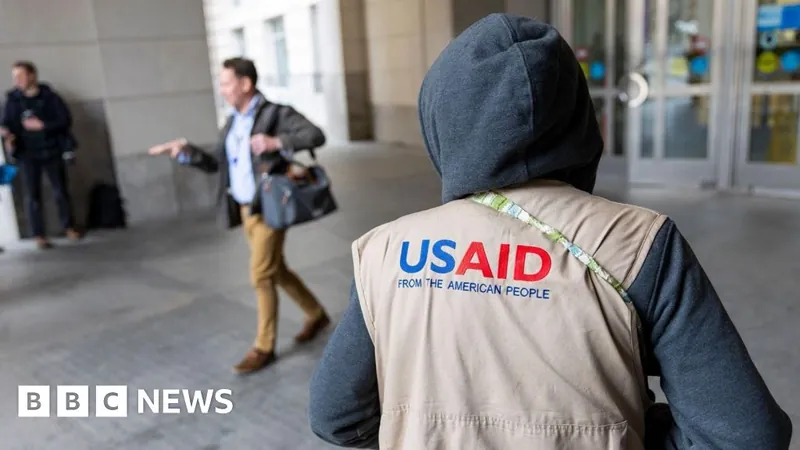




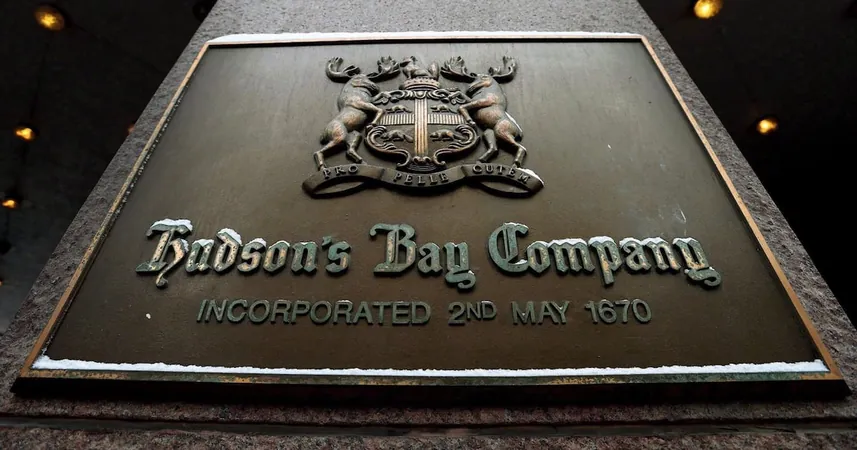
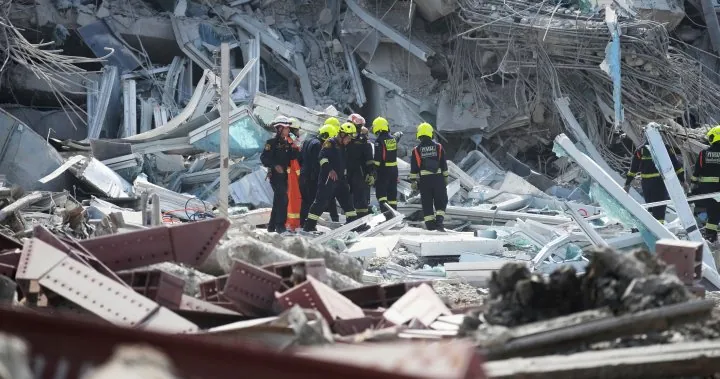
 Brasil (PT)
Brasil (PT)
 Canada (EN)
Canada (EN)
 Chile (ES)
Chile (ES)
 Česko (CS)
Česko (CS)
 대한민국 (KO)
대한민국 (KO)
 España (ES)
España (ES)
 France (FR)
France (FR)
 Hong Kong (EN)
Hong Kong (EN)
 Italia (IT)
Italia (IT)
 日本 (JA)
日本 (JA)
 Magyarország (HU)
Magyarország (HU)
 Norge (NO)
Norge (NO)
 Polska (PL)
Polska (PL)
 Schweiz (DE)
Schweiz (DE)
 Singapore (EN)
Singapore (EN)
 Sverige (SV)
Sverige (SV)
 Suomi (FI)
Suomi (FI)
 Türkiye (TR)
Türkiye (TR)
 الإمارات العربية المتحدة (AR)
الإمارات العربية المتحدة (AR)